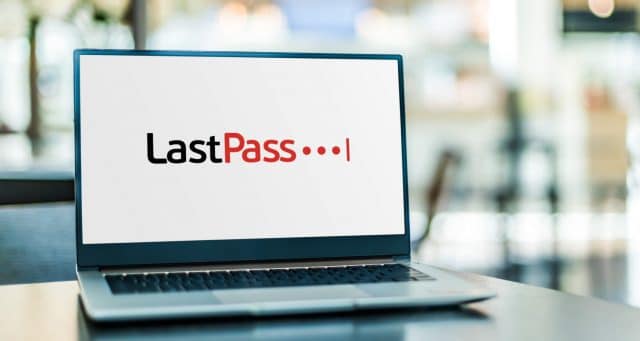LastPass data breach is worse than first thought; user data and password vaults grabbed by hackers

Password management firm LastPass has issued an update about a security breach that was first revealed back in August. The news is not good; the data breach is significantly worse than initial reports suggested.
LastPass says that its investigations into the incident now show that the hackers were able to obtain customer vault data. The company points out that these vaults are home to both encrypted and unencrypted data, and tries to play down the significance of a threat actor gaining access to unencrypted data.
See also:
- Microsoft confirms KB5021233 update is causing 0xc000021a errors and blue screens in Windows 10
- Microsoft issues emergency patches for Windows Hyper-V problems
- Apple fixes Gatekeeper-bypass vulnerability after Microsoft discovers macOS security flaw
In an update to its initial blog post, LastPass advises its users: "Based on our investigation to date, we have learned that an unknown threat actor accessed a cloud-based storage environment leveraging information obtained from the incident we previously disclosed in August of 2022".
The company continues:
While no customer data was accessed during the August 2022 incident, some source code and technical information were stolen from our development environment and used to target another employee, obtaining credentials and keys which were used to access and decrypt some storage volumes within the cloud-based storage service.
The statement from LastPassCEO, Karim Toubba, goes on to say:
LastPass production services currently operate from on-premises data centers with cloud-based storage used for various purposes such as storing backups and regional data residency requirements. The cloud storage service accessed by the threat actor is physically separate from our production environment.
To date, we have determined that once the cloud storage access key and dual storage container decryption keys were obtained, the threat actor copied information from backup that contained basic customer account information and related metadata including company names, end-user names, billing addresses, email addresses, telephone numbers, and the IP addresses from which customers were accessing the LastPass service.
The threat actor was also able to copy a backup of customer vault data from the encrypted storage container which is stored in a proprietary binary format that contains both unencrypted data, such as website URLs, as well as fully-encrypted sensitive fields such as website usernames and passwords, secure notes, and form-filled data. These encrypted fields remain secured with 256-bit AES encryption and can only be decrypted with a unique encryption key derived from each user's master password using our Zero Knowledge architecture. As a reminder, the master password is never known to LastPass and is not stored or maintained by LastPass. The encryption and decryption of data is performed only on the local LastPass client. For more information about our Zero Knowledge architecture and encryption algorithms, please see here.
There is no evidence that any unencrypted credit card data was accessed. LastPass does not store complete credit card numbers and credit card information is not archived in this cloud storage environment.
Downplaying the significance of what has transpired, Toubba says: "The threat actor may attempt to use brute force to guess your master password and decrypt the copies of vault data they took. Because of the hashing and encryption methods we use to protect our customers, it would be extremely difficult to attempt to brute force guess master passwords for those customers who follow our password best practices".
It is not clear how many users are affected by the latest twist in the tale, but LastPass has provided more information and advice here.
Image credit: monticello / depsitphotos
